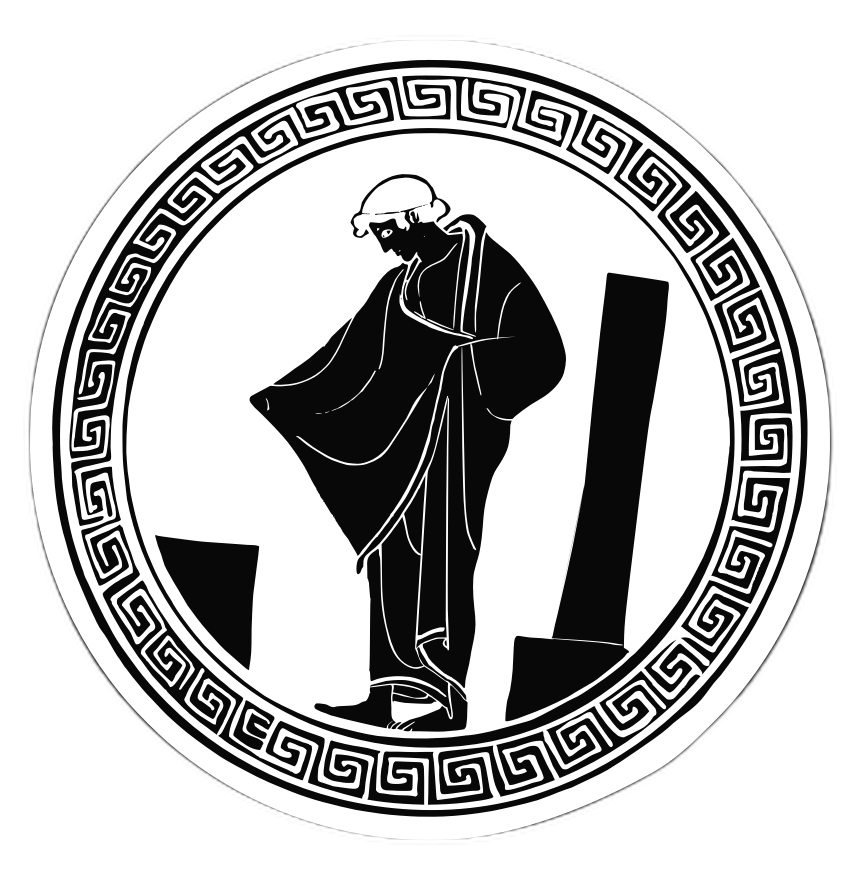
Stoic Wisdom for Growth: Quotes from Josh Waitzkin’s “The Art of Learning”
Unlock your potential with "The Art of Learning" by Josh Waitzkin. Learn, grow, win!


Unlock your potential with "The Art of Learning" by Josh Waitzkin. Learn, grow, win!

Stoics saw death not as something to dread, but as a natural part of existence. By accepting the inevitability of death, they were motivated to live virtuous, purposeful lives. Rather than anxiously fearing death, the Stoics embraced the present moment, aligning their values and finding meaning. Death was not an end to resist, but a dance partner — a reminder to live authentically.

Dive into the timeless wisdom of Stoicism, where ancient philosophy meets modern life. Discover books that will help you cultivate resilience, find inner peace, and navigate the complexities of the human experience. Explore the profound teachings of Stoic philosophers like Seneca, Epictetus, and Marcus Aurelius, and embark on a transformative journey towards a more mindful and meaningful existence. Whether you're a seasoned Stoic or new to this ancient philosophy, our handpicked recommendations will guide you on a path to greater wisdom and serenity.



The Subtle Art of Not Giving a F*ck" by Mark Manson is a popular self-help book that challenges conventional wisdom and offers a different perspective on finding happiness and success. Here are 12 powerful lessons from the book.

Don Miguel Ruiz hails from a lineage of healers, growing up in the countryside of Mexico under the guidance of a curandera mother and a nagual grandfather. With their deep-rooted traditions of healing and imparting esoteric Toltec wisdom, it was expected that Miguel would follow in their footsteps. However, defying expectations, Miguel pursued a different path and embarked on a journey to become a surgeon by attending medical school.

Cicero's "On Duties" remains an indispensable guide for individuals seeking ethical guidance and moral clarity in navigating life's complex dilemmas. By delving into the historical context, exploring the book's structure and key concepts, analyzing its core themes, and considering its contemporary relevance, this comprehensive blog post aims to deepen readers' understanding and appreciation of Cicero's seminal work. "On Duties" continues to serve as an illuminating beacon in the realm of moral philosophy, guiding us toward a more virtuous and ethically conscious existence.


Stoicism views excessive desires as illusions that lead to suffering. There are two types of desires: rational and irrational. Rational desires have limits and can be satisfied easily, while irrational desires, driven by social influences, are never truly fulfilling. Stoicism identifies five ways in which these unnatural desires deceive us: we are never satisfied, we desire what we cannot have, the pursuit is more pleasing than the possession, possession leads to indifference, and we measure our value based on comparisons. Stoicism encourages detachment, focusing on what we can control, and living with reason and virtue to find inner freedom. When pursuing desires, it is important to consider their long-term value and whether they align with our goals.

"Meditations" is a powerful and inspiring book that can help you live a happier, more fulfilling life. If you're looking for a guide to living a virtuous and purposeful life, I highly recommend reading this book.

The Discourses of Epictetus are a series of informal lectures by the Stoic philosopher Epictetus written down by his pupil Arrian around 108 AD. Four books out of an original eight are still extant. The philosophy of Epictetus is intensely practical. He directs his students to focus attention on their opinions, anxieties, passions, and desires, so that "they may never fail to get what they desire, nor fall into what they avoid." True education lies in learning to distinguish what is our own from what does not belong to us, and in learning to correctly assent or dissent to external impressions. The purpose of his teaching was to make people free and happy.

According to Stoicism, happiness is achieved by living a virtuous life in accordance with reason. Cultivating virtues such as wisdom and self-control allows us to free ourselves from negative emotions and achieve inner peace. This approach contrasts with hedonistic philosophies that emphasize the pursuit of pleasure.

“One does not ask of one who suffers: What is your country and what is your religion? One merely says: You suffer, that is enough for me. You belong to me, and I shall help you.”

“Nature does nothing in vain, and so whatever is, is for the sake of something else.” — Marcus Aurelius

“Find true fulfillment by focusing on natural desires and avoiding the empty promises of irrational pursuits.” 😊

Keep calm and conquer anger: Master your emotions with Stoic wisdom